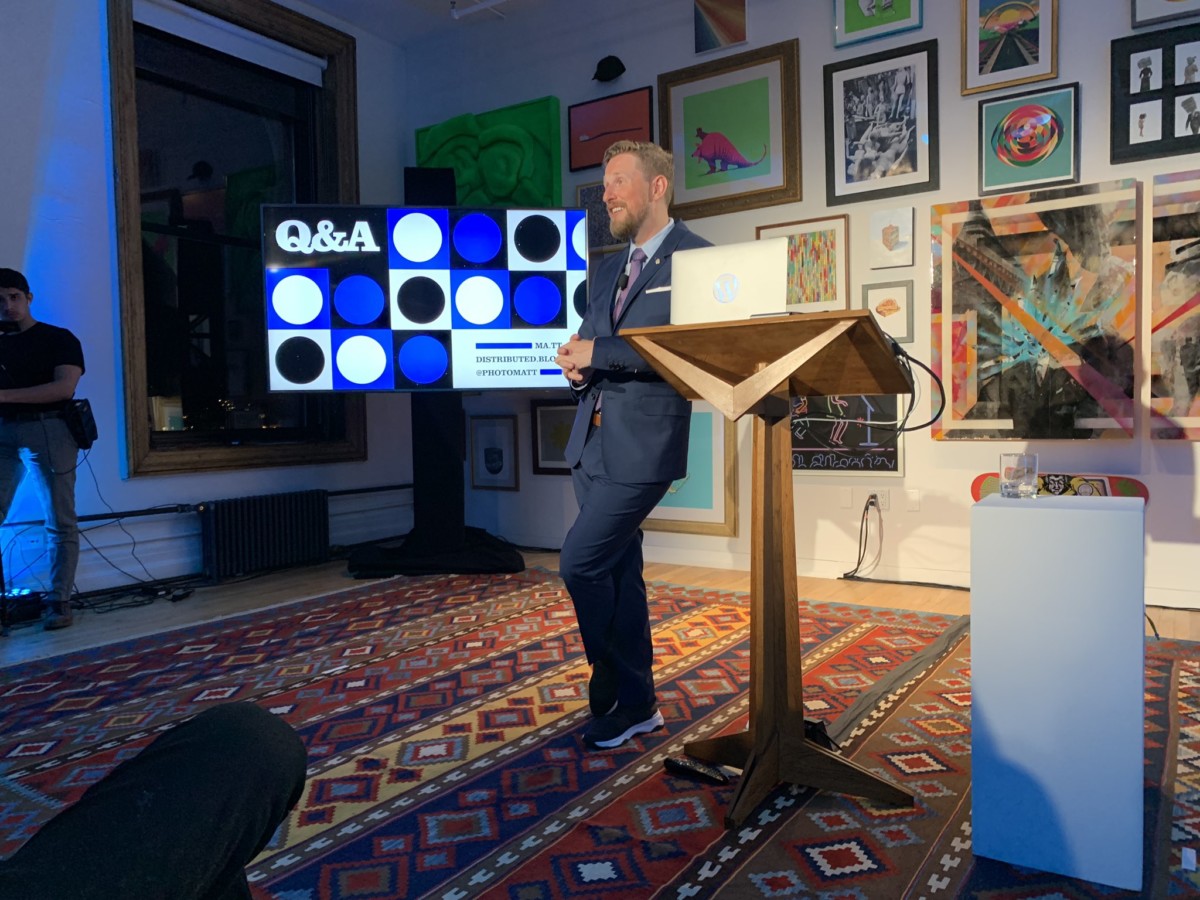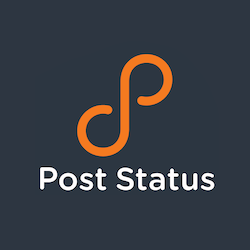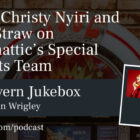Openverse. Diversity. Training. Future generations. A whole that is greater than the sum of its parts. These are our quick takes on SOTW ’21.
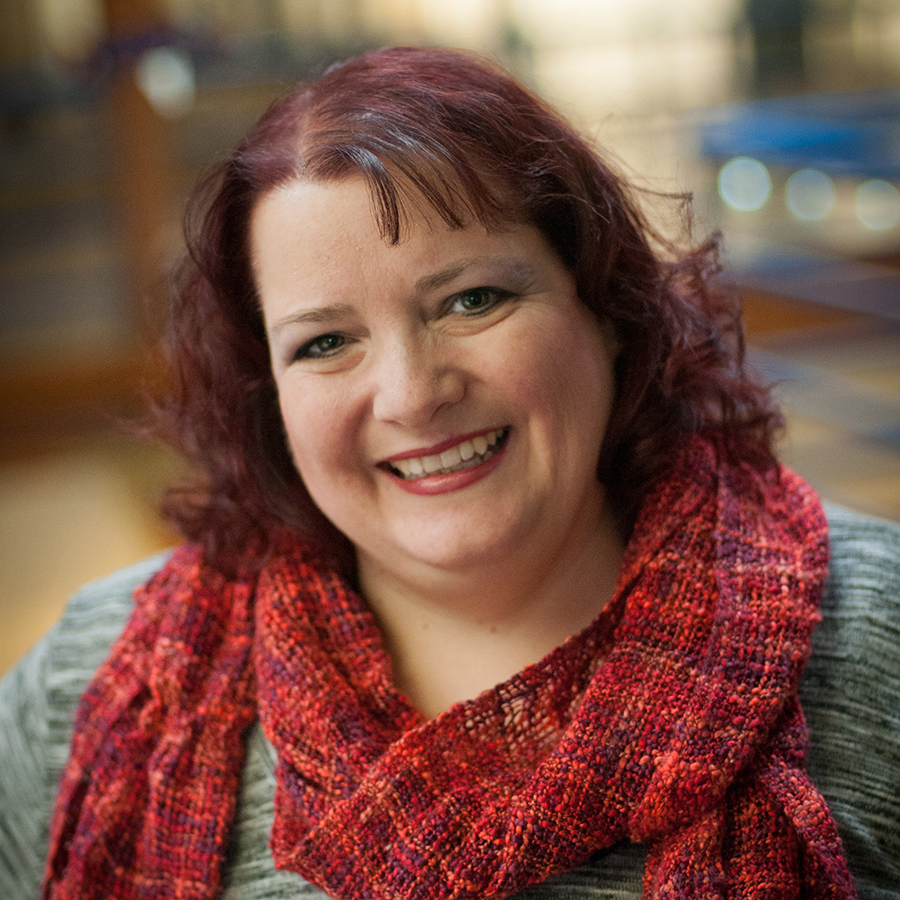
Michelle Frechette: I was shocked and thrilled to receive an invitation to State of the Word in New York, and even happier when my travel was approved at StellarWP. Arriving at the venue (Tumblr’s old digs) we were required to prove our vaccination status to go up to the loft. I got off the elevator and was immediately greeted by Josepha and then Matt. It was SO GOOD to see so many friends and well-known WordPress faces!
I took a reserved place in the front row and sat captivated by the environment, the information, and the nervous energy in the room. We were returning to some level of normalcy by being in that space together, and it felt both familiar and foreign after the last two years…but it was good.
When the address was done, and all the questions had been answered, and the broadcast had ended, there was an elegant reception with food and beverages. I met new people and enjoyed the conversation.
Not to be one to miss an opportunity, I asked Matt for an interview for Post Status, and recorded a 7+ minute conversation with him on the recent surge of acquisitions and the future of work in WordPress, that we will share later. He was truly gracious with his time, and I appreciated that very much.
On leaving, I gathered my jacket and was handed a swag bag.
All in all, I felt a bit like Cinderella, with a Lyft for a pumpkin carriage, purple hair as my tiara, and scads of friends helping me navigate the time with my electric scooter.
I enjoyed every minute.
Bonus: Michelle caught Matt for a brief interview after the SOTW address!
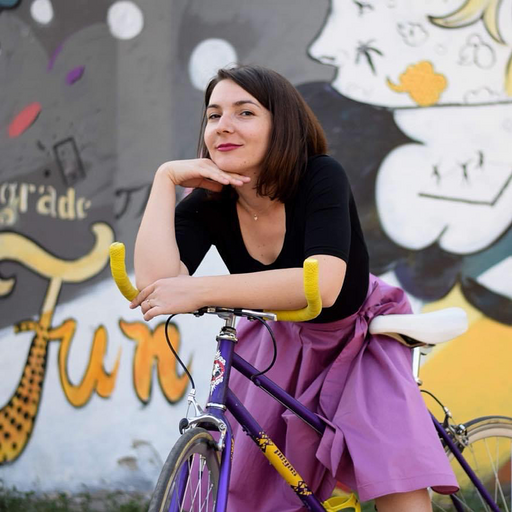
Anna Maria Radu: I was happy to learn about Openverse as a visual storytelling fan myself. The fact that Creative Commons has become part of WordPress is probably one of the best things that could happen for creators. Their work can now be even more easily incorporated and credited within anyone’s storytelling. By doing this we, as a community, are supporting artists to gain recognition and appreciation through WordPress. Open Content for the win!
But probably the topic that stood out to me the most was the Diverse Speaker Program. I have worn many hats behind the scenes of pre-pandemic WordCamp events and WordPress-themed events in general. I loved seeing so much diversity — yet, there’s no such thing as too much diversity. I immediately joined the #diverse-speaker-support channel on WordPress Slack to learn more about it.
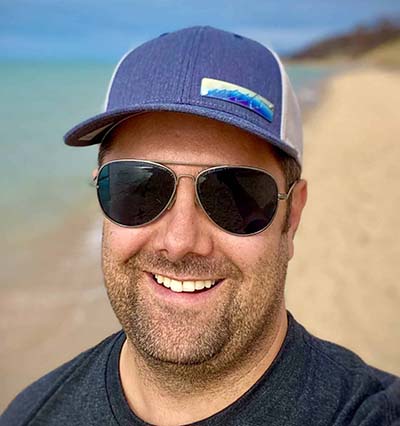
AJ Morris: I’m excited for the future of block patterns and global styles! Having the native ability to use core block editor options for themes is going to drastically change the way we look at WordPress themes over the next 5 years.
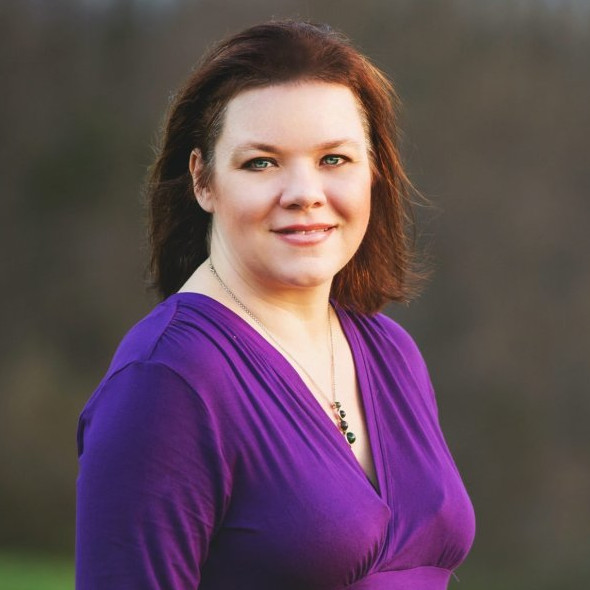
Courtney Robertson: Matt’s vision of what contribution could look like was really exciting. As a Make WP Training Team co-rep, I eagerly welcome more contribution efforts across the WordPress project by connecting with teams. See Five Ways to Participate in Five for the Future for examples of how you can get involved as a contributor.
Also, Michelle Frechette’s and Allie Nimmons‘ questions for Matt after his presentation — about introducing WordPress to youth and young adults — really reminded me of why I teach WordPress. I’ve instructed high school students as WP developers, and there are logistical challenges. I’d love to partner more closely with more educational organizations to help resolve these challenges. We can improve content across WordPress.org as we become compatible with COPPA requirements. Sandy Edwards, Youth Working Group Team Co-Lead, is also eager to resume KidsCamps as we return to in-person WordCamp events.
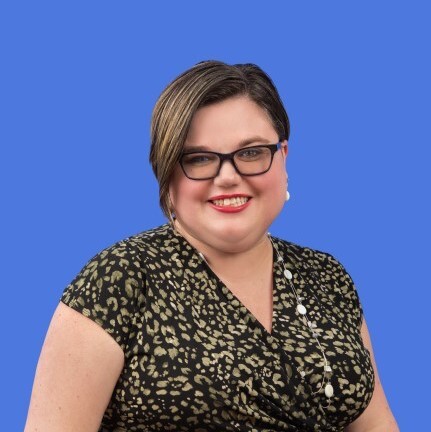
Kayla Demopoulos: This year’s SOTW was a great reminder that all the pieces of the puzzle work together to create the whole. It is great to remember where the project has come from, but more importantly, inspiring to think where together we can take it.
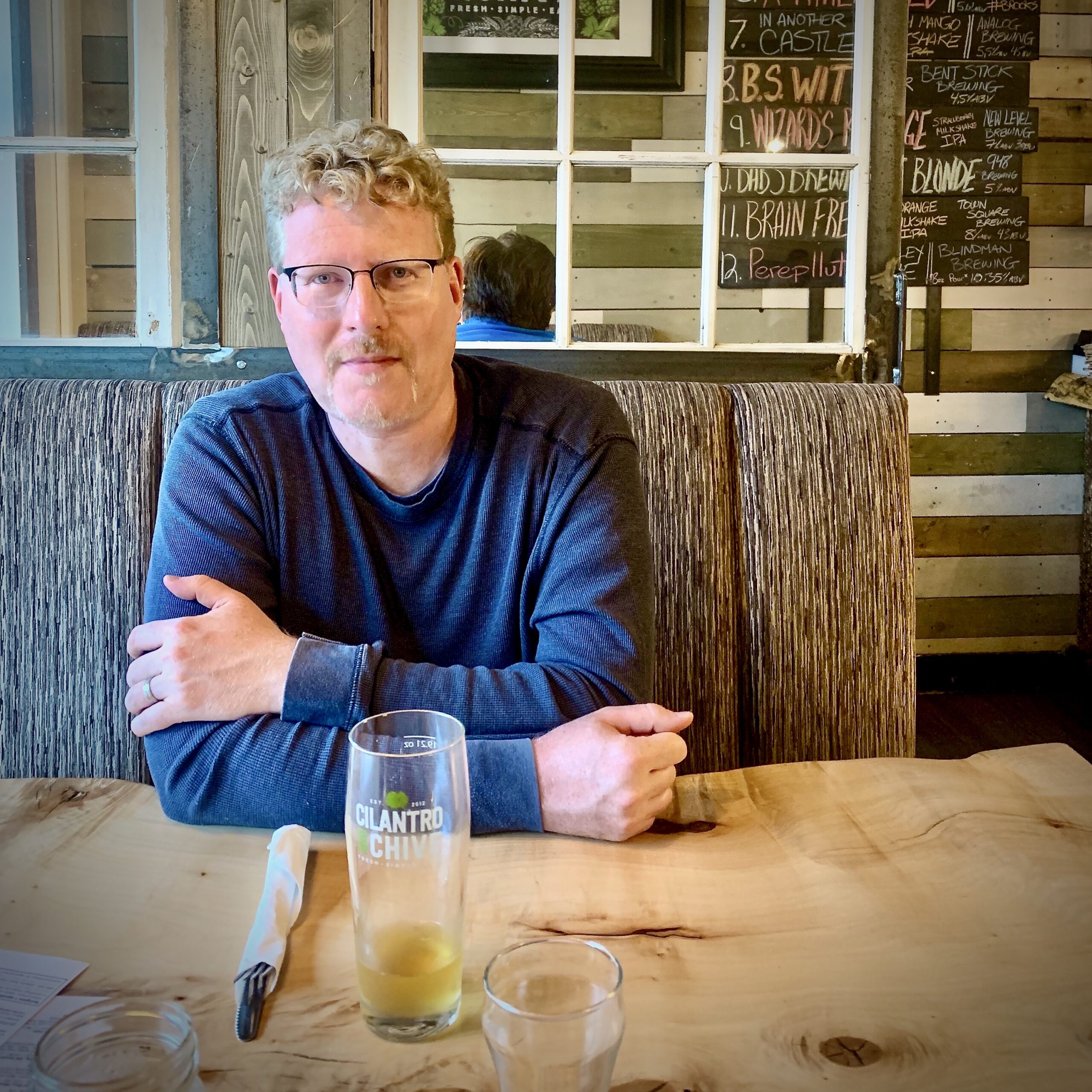
Dan Knauss: What a difference a physical venue makes! At the old Tumblr offices in Noho, this year’s State of the Word looked like an opening at a small art gallery. No big screen, just a lot of framed visual art. No stage, just a simple podium. And after such a long period of time without in-person events, there was Matt waiting to go up front, casually leaning off to the side of the audience (maybe two dozen people) a few feet away. There were some awkward (but good!) moments, plenty of laughs, and a personable atmosphere that came through — even on YouTube. A lot of important facts and numbers were shared that we’ll dig into later, I’m sure. That’s what we usually focus our attention on. But my initial impressions had to do with mood, atmosphere, and tone — the emotional register of the themes that went through Matt’s address and into his dialogue with the audience afterward.
We learned Matt wishes he had done things differently with the WordPress 5.0 release, and I thought of Courtney pointing out to me last month how the decision to delay 5.9 was a quiet sign of significant growth. We learned how Matt relates to the story of Ernest Shackleton turning back from an attempt to reach the South Pole only 97 miles from it — and why Matt wears a suit for SOTW. These were small things that came up in the question period, but they touch important themes for the WordPress community — growth and maturity — and maybe what they should look like. (More than a touch of humility and grace?)
Those who were in attendance are well-known for their contributions to the WordPress community, including many whose companies’ participate in Five for the Future. The constant and increasing importance of giving back, of getting young people involved, and taking ownership of the largest open source community effort of its kind — together — these are the mature, future-facing themes that stood out to me.
I was talking with Matt Medeiros a few hours before SOTW, and he remarked how WordPress is paradoxically gigantic and small at the same time. It’s a huge project with a giant ecosystem relative to the community of active contributors and what we might call the core culture of WordPress — including the people who make, distribute, and consume the news, information, and ideas that help direct the project. There’s fragility and power, weakness and opportunity in being small in a big distributed network.
We’re coming through (and possibly getting deeper into) pivotal and challenging times — not just for WordPress but the larger world of web tech and the global human community. Matt didn’t mince words when he named the threats from big tech companies that aren’t friends of The Open Web. If we’re not just spinning our wheels, the future we want is what we’re building toward today, together. These are some of the big themes we’re focused on at Post Status too, as we move into a new year.
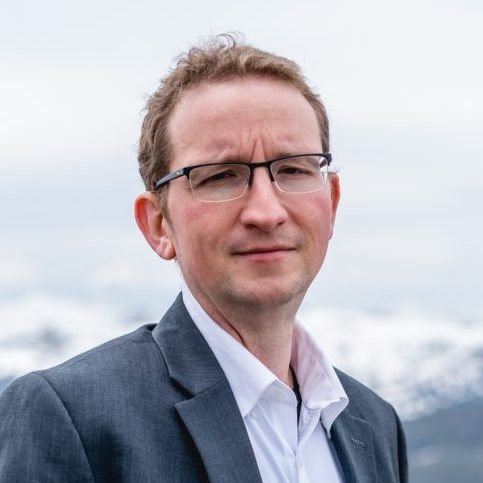
David Bisset: After watching Matt give this annual talk for years I could tell early on that something was different (in a good way) — but I couldn’t my finger on the cause. Matt seemed to be the most excited person in the room, along with whatever nervousness he had. He seemed more excited than in any State of the Word I can recall. Matt laughed more, and I think he went “off script” more too, telling stories and jokes. “I haven’t spoken to a crowd in two years,” he said at one point. Maybe that was it. I caught him a few times in a “nervous happy” state before the conference started. With no WordCamp US to provide a big crowd, this might have been the most open we’ve seen Matt, and I think he reflected the energy coming from the crowd.
I’m glad the “next generation of WordPress users” was brought up by Allie Nimmons and later Michelle. This topic was raised in the last in-person SOTW in 2019 as well. WordPress market share growth will eventually stop, and we’ll need to create and sustain new generations of developers, designers, and contributors from within the community. It’s really going to be up to the WordPress community and WordPress companies to mentor, intern, and train our future leaders and core contributors.
About “Be Like David” — it’s the worse advice ever. (Editor’s note: we respectfully disagree.)
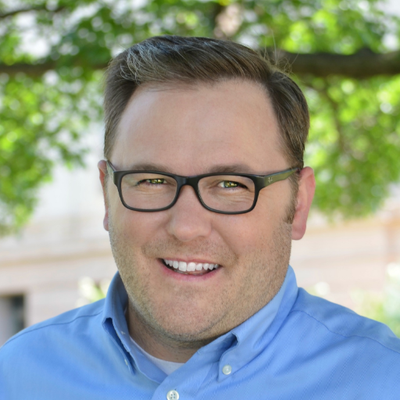
Cory Miller: Gutenberg and contributing to core continue to be key themes from Matt for the project.
Regarding Gutenberg — I greatly appreciate the work being done to make the Block Editor easier to use. It reminds me of the creative innovations that have happened since I started doing themes in 2006. I hope that continues to accelerate like it did with themes.
About Five for the Future and contributing to core — When I was leading iThemes and as a small team, I always struggled with how to meaningfully contribute to Core on a consistent basis. Courtney and I are working on Post Status Contributor Days for 2022 to help bridge that gap. She’s been pinging Team Leads to ask for their wish lists. Then we plan to put some dates out and tackle them together as a community. Stay tuned.


